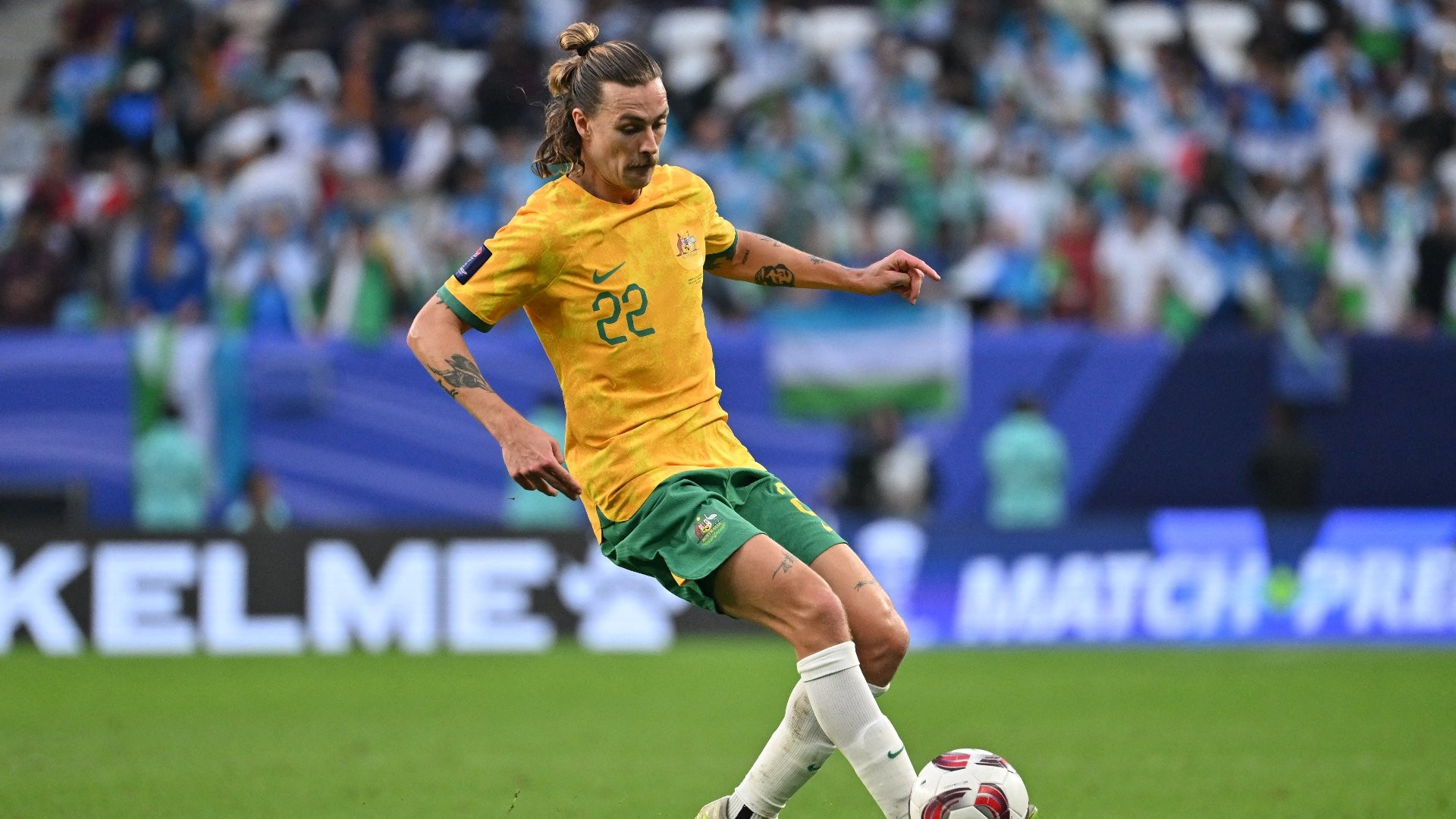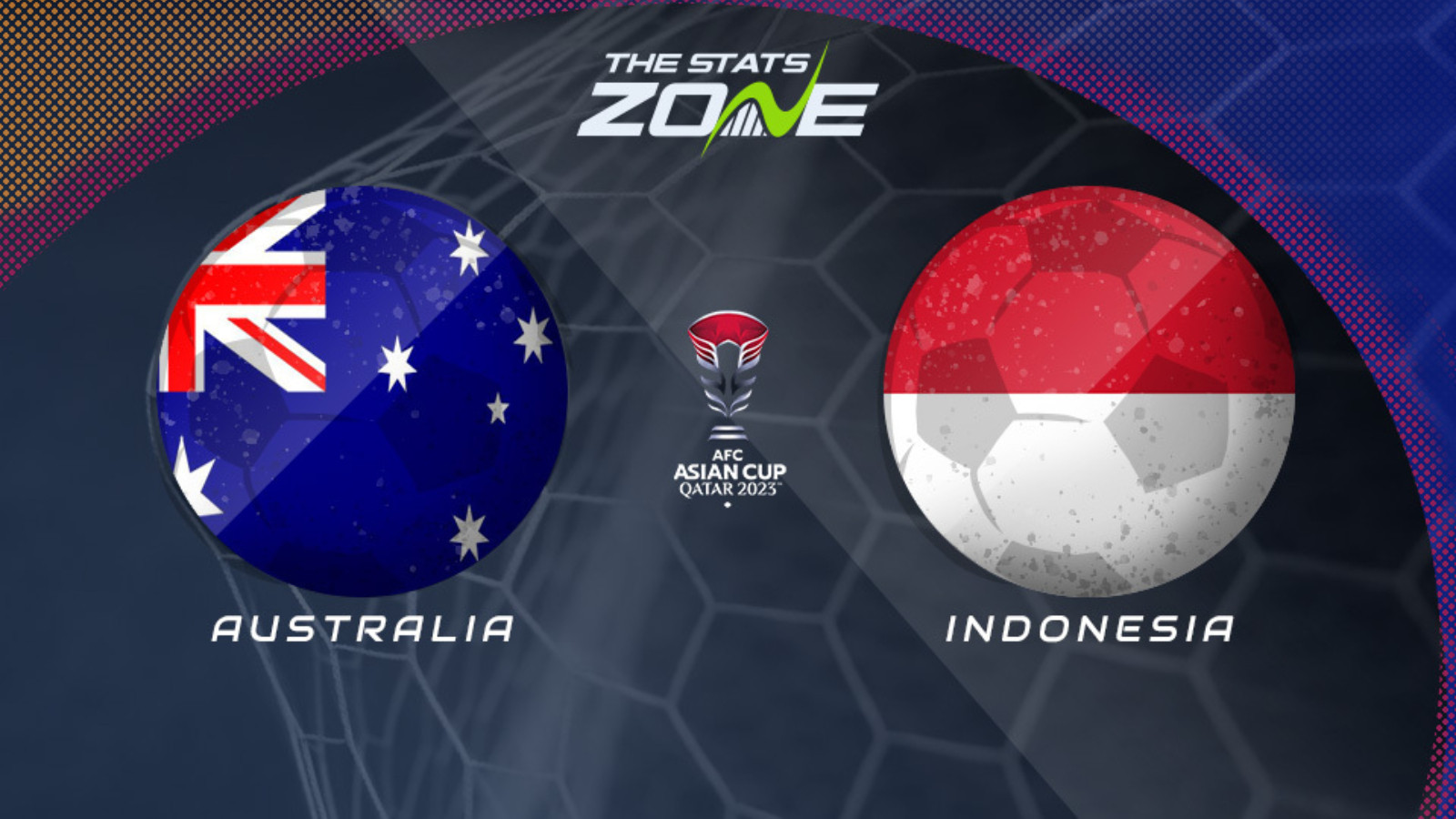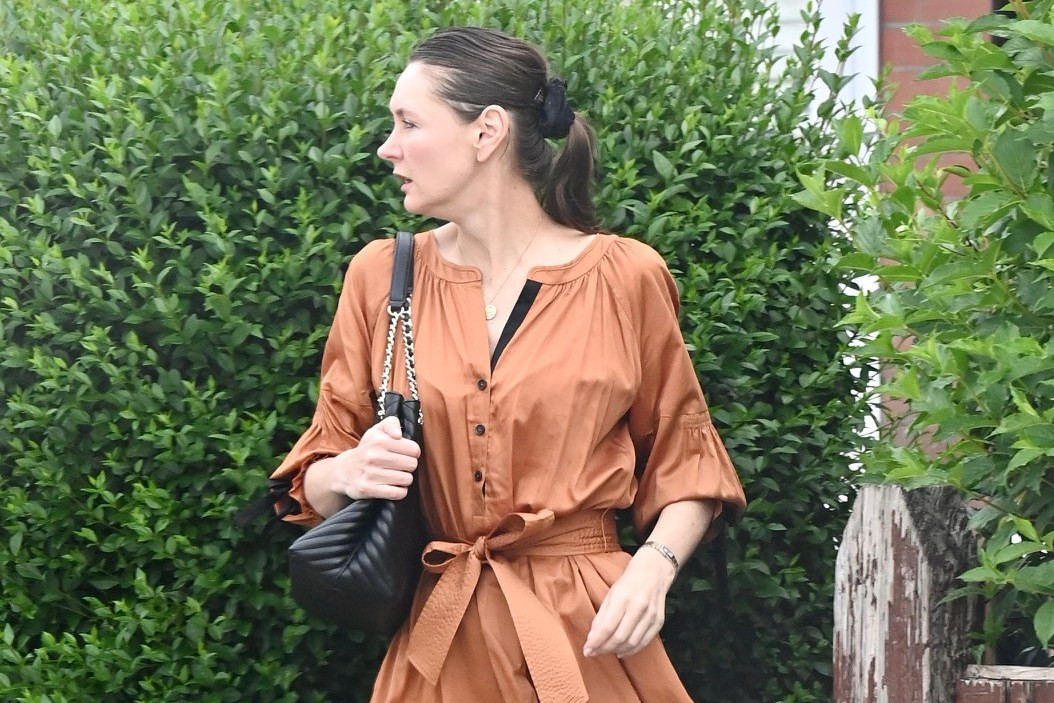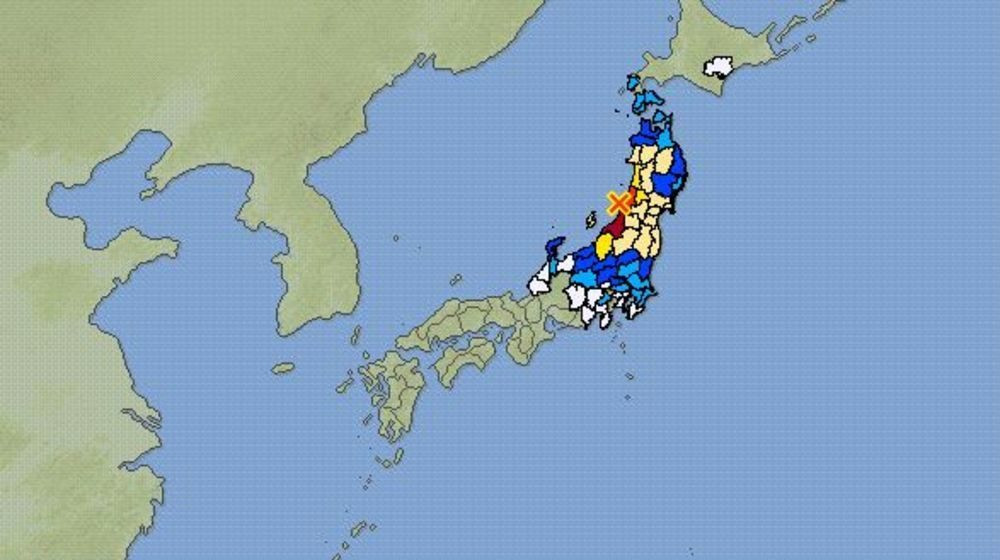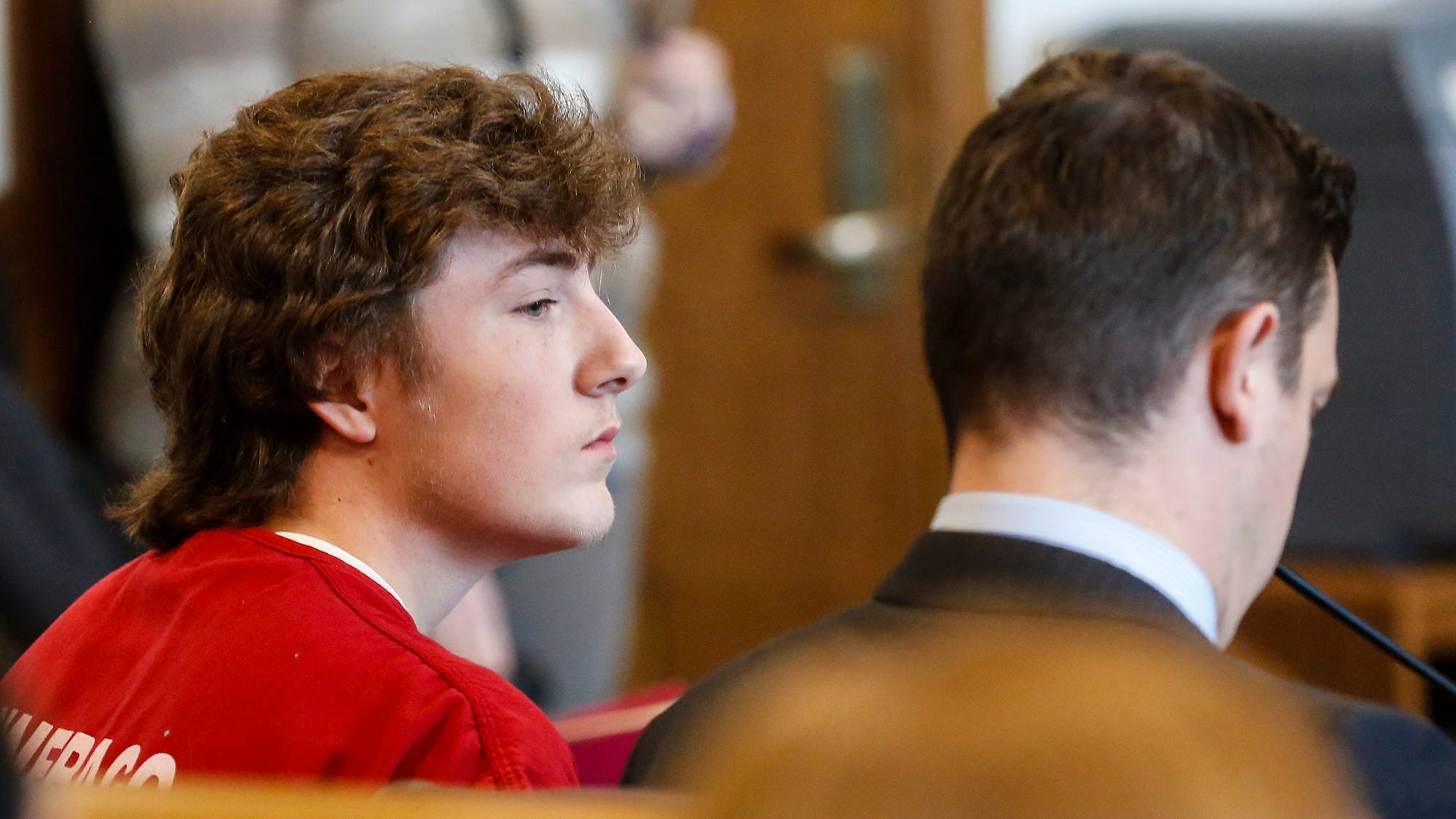Five days after Pope Francis filled the Gelora Bung Karno Stadium in Jakarta, Australia will arrive in the same arena seeking redemption as they look to get back on the path to North America and the 2026 World Cup. The Socceroos got the third round of Asian qualifying off to a horror start last week when, on the same day that 100,000 massed to see the head of the Catholic Church in Indonesia’s capital, they fell to defeat to Bahrain at home.
Graham Arnold will be able to seek a degree of comfort in his team’s 4-0 win over Indonesia at the Asian Cup just seven months ago, but this is a very different Merah Putih. Many in the world’s most populous country think the current team is their best ever and there are genuine ambitions of getting into the top four in Group C.
The country’s outgoing president Joko Widodo has made much of moving the capital to Borneo, but the country’s spiritual football home will always be Jakarta. The reception given to the Australians will be a little less welcoming than the one received by the Pope – and quite a bit louder too. Indonesia are at this stage of World Cup qualification for the first time since there was such a thing but are not here to make up the numbers.
Yet one number that now looks made up is a Fifa ranking of 133 which means they are, on paper, the weakest of the six-team group and 17th out of the 18 nations remaining. But on the grass of the GBK they are desperate to show that their true level is quite a bit higher.
Saudi Arabia would agree. Hours after Bahrain took all three points on the Gold Coast, Roberto Mancini was looking hot and bothered after Indonesia left Jeddah with a 1-1 draw. The result prevented Australia’s probable rivals for the second automatic qualification spot from moving two points ahead early doors, and Indonesia’s performance in Saudi Arabia would have been welcomed by Arnold.
There may, however, be some cause for concern. Mancini’s men missed a late penalty and created more chances but this is a much more defensively solid Indonesian team than in the past with Venezia centre-back Jay Idzes a rock – the Serie A star wore the armband in just his fourth appearance and is becoming a true leader at the back. There is still a lack of a cutting edge up front but the approach play is improving all the time and had there been some better decision-making in the final third, all three points could have been taken back to Southeast Asia.
There have been barbs about just how Asian this team is; Mancini contrasted Indonesia’s European experience with the lack of the same in his own squad. In March Vietnamese defender Do Duy Manh.said that playing Indonesia is like playing the Netherlands. Nine of the 11 who took the field at the King Abdullah Sports City were born in Europe and, due to Indonesian heritage, naturalised.
Goalkeeper Martin Paes is one of the latest along with Idzes. The former Dutch Under-21 international who plays for Dallas in MLS, may have given away a penalty on his debut but did save it and made a number of other crucial stops.
Paes did not play against Australia at the Asian Cup. Just three of those who started in Jeddah last week did. Incredibly, Indonesia are now not that far behind Tuesday’s opponents when it comes to European experience. This is a physically stronger team than in the past and they press hard and long. It was notable that even in the heat and humidity by the Red Sea, they were still going late in the game and had two promising breakaways in the final minutes. Fans and pundits, whose doubts over the naturalisation policy have faded as results have improved, would still love to have a top-level goalscorer. Then they really would be a threat.
Regardless, there should be more improvement to come from a team with an average age of around 24. As well as faith in overseas talent, coach Shin Tae-yong has trusted in youth. The former Queensland Roar midfielder and assistant coach lacks nothing in self-belief either. Minutes after leading South Korea’s Seongnam to the Asian Champions League title in 2010 he claimed he was the “Asian Mourinho” – at the time that was a big compliment. He was then the big young hope of the continent’s coaching scene but it never quite happened. Now though, he seems to have found his happy place and recently signed a contract extension until 2027.
His message in this campaign is that Indonesia are scared of nobody and in contrast to Australian accusations of blatant Bahraini time-wasting and gamesmanship, it may be the Socceroos who – facing a confident team roared on by a passionate crowd – find themselves looking to disrupt the flow of the game. The Pope left the Gelora Bung Karno full of hope, Australia are going to have a much harder fight if they want to do the same.
The Sleeping Giant Awakes
Indonesia is regarded as one of world football’s sleeping giants, a huge nation of over 280 million people whose progress in the beautiful game has long been hampered by decades of governance issues, corruption and match-fixing allegations, investment and infrastructure problems and tragic instances of fan violence.
But there are signs that, at long last, they are moving in the right direction – which could spell trouble for the Socceroos in the immediate term.
At the Asian Cup earlier this year, Tim Garuda (Team Garuda) reached the knockout phase for the first time. And while they haven’t made the World Cup since 1938 – when they competed as the Dutch East Indies – qualification feels as close as it’s ever been, thanks to the 2026 tournament’s expansion to 48 teams.
Hours after the Socceroos slumped to a 1-0 defeat to Bahrain on Thursday night, just their second loss in a live World Cup qualifier at home since 1981, Indonesia held the Roberto Mancini-coached Saudi Arabia to a 1-1 draw in Jeddah, one of the biggest results in their history.
They did it with a better XI than what might be imagined from the world’s No. 133-ranked team. Thanks partly to a renewed push by the Football Association of Indonesia (PSSI) to find diaspora players around the planet, among their starters were four players drawn from the Dutch Eredivisie, two from Belgium’s top flight, and one each from Italy’s Serie A, England’s Championship and Major League Soccer in the United States - not too dissimilar a mix to the Socceroos.
A Hostile Atmosphere, But a Chance for Redemption
The rest of the country has sat up and taken notice, according to Robbie Gaspar, a former National Soccer League player who carved out a strong career as a player in Indonesia.
“Everyone’s talking about the national team,” says Gaspar, who these days is a sports diplomat and president of the Indonesia Institute think tank. Based in Perth, he has flown into Jakarta for the match. “Everyone’s getting behind them. They’re seeing that they’re moving forward, they’re getting better.”
Tuesday’s showdown with their southern neighbours will indeed be an all-time occasion for the Indonesian game, and arguably the biggest match Tim Garuda has played given the World Cup stakes. Originally slated to be held in Surabaya because of the clash with Pope’s visit, it was moved back to the national team’s traditional home venue in Jakarta to help cater for fan demand, and a crowd of almost 80,000 will be there, trying to dig inside the Socceroos’ heads, encouraged by both teams’ most recent results.
Gaspar’s concern is that precious few of the Indonesian players have big-game experience like the Socceroos. “They’re going to come out all guns blazing,” Gaspar says. “They’re going to take the game to Australia, play at a really high tempo, the crowd’s going to be pushing them forward to score. If we can ride out that for 15 or 20 minutes and settle the game down, and then we’ll be OK.”
Socceroos Must Rise Above the Pressure
Not a single player in the current squad was alive the last time Australia conceded a goal against Indonesia. Indeed, defeat seems unlikely for the Socceroos, who were relatively untroubled in a 4-0 victory over them eight months ago at the Asian Cup, the last time they met. But defeat seemed unlikely to Bahrain, too. Pressure does funny things to teams, and there is an awful lot of it now on Arnold, a manager under fire after Australia got just four shots on target from 70 per cent of possession on the Gold Coast - an all too familiar story for the national team during his reign.
Indonesia is expected to deploy similar tactics to Bahrain: sit back and defend in numbers, make the Socceroos feel frustrated, and then use the energy of the crowd and the pace of their forwards to spring forward on the counter-attack. The question will be if they can rise above it this time.
If they can’t, and Japan and Saudi Arabia win their matches, Australia could be as many as five points adrift of the direct qualification berths in Group C.
“It’s a new game, it’s a different game. We have to go in with a free head,” Circati said.
“I’d like to think this game we can be a bit more creative, a bit more brave offensively, and maybe take half a risk to possibly get the half opportunity for a goal. We do have creative players, so we’re able to do that. We’ve just got to flick the switch to give them the confidence to take that half-risk, take that risk, to take a player on, take two players on, to possibly get an opportunity on goal.”




